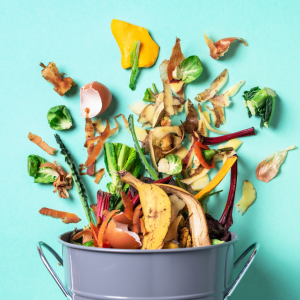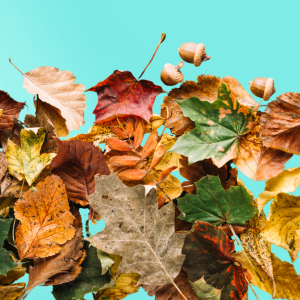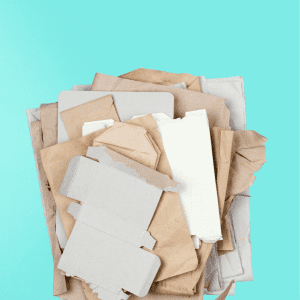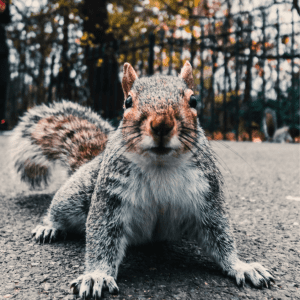Why an organic material collection?
Organic materials account for about 45% of the waste sent to landfills. In addition to significantly reducing the amount of waste unnecessarily sent to landfills, organic material collection helps reduce carbon dioxide emissions by one million tons per year.
Instead of filling landfills, organic materials can be recovered and recycled through composting and anaerobic digestion, spreading, soil regeneration, or other methods.
Moreover, landfill costs are 30% higher than the costs of composting organic materials. Therefore, organic material collection represents a savings for all residents.
Collection day
Single family dwellings, schools, daycares:
Mondays, between 7 a.m. and 6 p.m.
Preparing for collection
- The brown bin must be placed at the curb between 7 p.m. on Sunday and 7 a.m. on Monday.
- The wheels and handles of the bin must be facing the residence, at the curb or edge of the sidewalk (do not place it on the street or on the sidewalk).
- The bin must be clean (resident's responsibility).
Accepted materials
Excluded materials
- Biodegradable, compostable or corn-based plastic bags
- Animal droppings
- Milk carton
- Liquids
- Styrofoam
- Textiles
- Dryer lint
- Dipers and sanitary products
Excess materials
Is your brown bin full? Place any excess organic materials (food waste, green waste or other organic waste) in a biodegradable container, such as a paper bag or cardboard box (weighing no more than 22.7 kg or 50 lb).
Odours and other nuisances
To avoid problems with odours, freezing, attracting small animals or fruit flies, adopt the following maintenance habits:
- For odours: sprinkle the bin with baking soda during use, and rinse the bin with water and a mild detergent or vinegar after each collection.
- For small animals: apply menthol cream around the lid to deter them.
- For fruit flies: wrap table scraps in newspaper or paper bags.
- To prevent freezing in winter: place a layer of newspaper or cardboard at the bottom of the brown bin.
Damaged bin
The brown bin is the City’s property. To have a damaged bin repaired or replaced, please contact the Public Works Department by e-mail at travauxpublics@ddo.qc.ca or by telephone at 514-684-1010.
Information
- Public Works Department
- travauxpublics@ddo.qc.ca
- 514-684-1010




